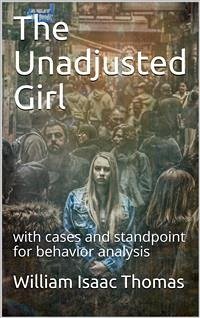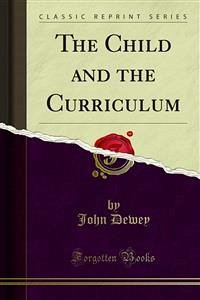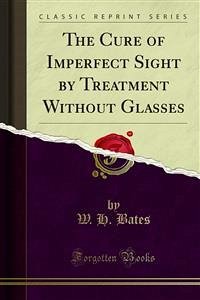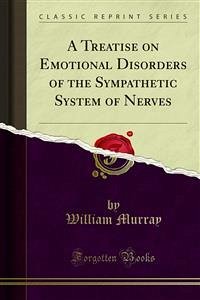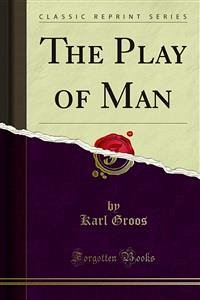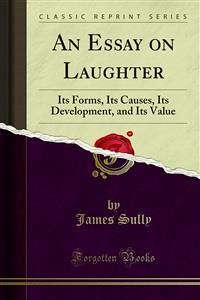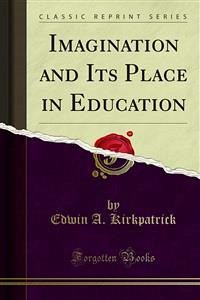Criminal Science Monograph No. 4
Supplement To The Journal Of
The American Institute Of Criminal Law And Criminology
Modern psychology is throwing so much light upon human behavior that concerning delinquency one cannot do better than follow the teaching of Spinoza, “Neither condemn nor ridicule but try to understand.” Such an attitude led to the establishment of the first mental clinic in connection with a court, where Doctor William Healy revealed astonishing facts regarding causes and cures of delinquency; such an attitude led to this sociological study of delinquency.
The government program acted as a searchlight flashed upon the farce of our dual system of morality. In the case of a child suffering assault or rape she might be detained in an old type of reform school till her majority gave her freedom—a poor preparation for later life—while the man, were he convicted, rarely had a long sentence. Of two parents of a child conceived out of wedlock, for the girl abortion is classed as crime; motherhood brings shame and condemnation; while the part of the man passes as a biological necessity. Whereas in some hospitals fifty per cent of the women arrested on suspicion of disease were found to be not infected, it was suggested in one city that prophylactic stations be established in men’s clubs and even in boys’ schools,—the futility of fine and jail for the woman, freedom for the man.
This war measure brought hundreds of girls to our courts for whom in some States there was no proper provision. This emergency developed rapid establishment of correctional schools of most approved type, showing marked success in the rehabilitation of girls, even with some seeming psychopathic cases. Little girls unfortunate enough to have a sex experience called to the attention of the court, who in the past would have been confined behind bars, are now placed in the country, given good food and opportunity for free happy activity. Formerly for the unmarried mothers the psychological values of pregnancy were ignored, and in the effort to save the reputation by concealing motherhood the mind and character were often weakened.
In the introduction to Kammerer’s study of “The Unmarried Mother”, Doctor Healy questions whether such a constructive act as bringing a child into the world should ever be classed as a crime. Life, legal or illegal, must be respected.
Sex has always baffled humanity. Alternately it has been considered sacred and sinful, attached to temple worship or cast beyond the pale. In this day of scientific synthesis we are solving some at least of the fundamentals of this Welträtsel.
This present research of William I. Thomas with his trenchant sociological analysis is a distinct contribution not only to the study of delinquency but to educational and industrial problems. As his conclusions point toward the practice of the most advanced experimental schools and also conform to the theories of certain leading psychiatrists, this triple concurrence of opinion indicates approach to scientific truth. Mr. Thomas’s interpretation of today’s unrest as a “period of individualization following and preceding periods of socialization” emphasizes our present opportunity to reorganize the administration of justice. Let such reorganization be based upon that emergent truth which Dean Pound has called “the most important change of the century,—the transference of the sense of value from property to humanity.”
Supplement To The Journal Of
The American Institute Of Criminal Law And Criminology
Modern psychology is throwing so much light upon human behavior that concerning delinquency one cannot do better than follow the teaching of Spinoza, “Neither condemn nor ridicule but try to understand.” Such an attitude led to the establishment of the first mental clinic in connection with a court, where Doctor William Healy revealed astonishing facts regarding causes and cures of delinquency; such an attitude led to this sociological study of delinquency.
The government program acted as a searchlight flashed upon the farce of our dual system of morality. In the case of a child suffering assault or rape she might be detained in an old type of reform school till her majority gave her freedom—a poor preparation for later life—while the man, were he convicted, rarely had a long sentence. Of two parents of a child conceived out of wedlock, for the girl abortion is classed as crime; motherhood brings shame and condemnation; while the part of the man passes as a biological necessity. Whereas in some hospitals fifty per cent of the women arrested on suspicion of disease were found to be not infected, it was suggested in one city that prophylactic stations be established in men’s clubs and even in boys’ schools,—the futility of fine and jail for the woman, freedom for the man.
This war measure brought hundreds of girls to our courts for whom in some States there was no proper provision. This emergency developed rapid establishment of correctional schools of most approved type, showing marked success in the rehabilitation of girls, even with some seeming psychopathic cases. Little girls unfortunate enough to have a sex experience called to the attention of the court, who in the past would have been confined behind bars, are now placed in the country, given good food and opportunity for free happy activity. Formerly for the unmarried mothers the psychological values of pregnancy were ignored, and in the effort to save the reputation by concealing motherhood the mind and character were often weakened.
In the introduction to Kammerer’s study of “The Unmarried Mother”, Doctor Healy questions whether such a constructive act as bringing a child into the world should ever be classed as a crime. Life, legal or illegal, must be respected.
Sex has always baffled humanity. Alternately it has been considered sacred and sinful, attached to temple worship or cast beyond the pale. In this day of scientific synthesis we are solving some at least of the fundamentals of this Welträtsel.
This present research of William I. Thomas with his trenchant sociological analysis is a distinct contribution not only to the study of delinquency but to educational and industrial problems. As his conclusions point toward the practice of the most advanced experimental schools and also conform to the theories of certain leading psychiatrists, this triple concurrence of opinion indicates approach to scientific truth. Mr. Thomas’s interpretation of today’s unrest as a “period of individualization following and preceding periods of socialization” emphasizes our present opportunity to reorganize the administration of justice. Let such reorganization be based upon that emergent truth which Dean Pound has called “the most important change of the century,—the transference of the sense of value from property to humanity.”

